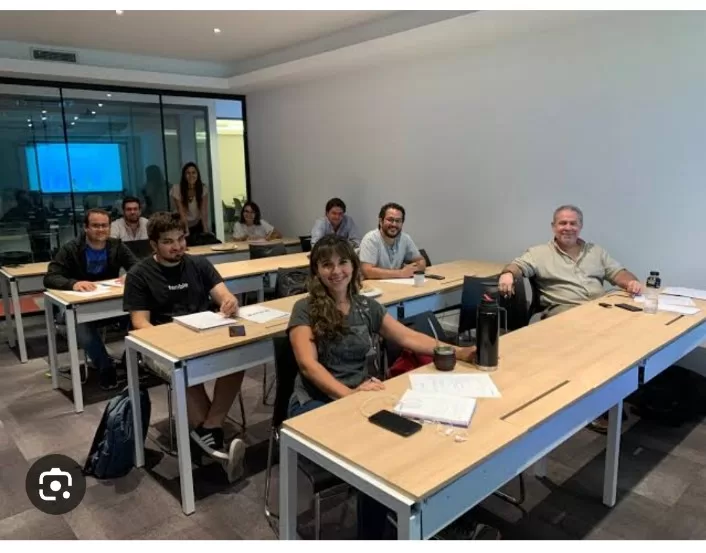Bengaluru – The University Grants Commission (UGC) has ignited a heated debate within academic circles with its latest teacher training program, the Malaviya Mission Teacher Training Programme (MMTTP). Launched in honor of Pandit Madan Mohan Malaviya, a notable freedom fighter, educationist, and founder of Banaras Hindu University, the program has raised concerns among certain academics.
The UGC’s brochure on the MMTTP outlines its intention to provide “Holistic Education,” including the study of Bhagavad Gita and other scriptures, the Gurukula teaching-learning system, and the Guru-Shishya parampara. Among the subjects classified as “Indian Knowledge System,” trainees will delve into topics such as the concepts of non-translatables, including Dharma, punya, aatma, karma, yagna, shakti, varna, jaati, moksha, loka, daana, itihaasa, puraana, and more.
The brochure underscores that this capacity-building training aims to transform higher education in alignment with Indian values, research, publication, patents, and institutional development, all in accordance with the National Education Policy (NEP) of 2020. The UGC’s ambitious target is to train 15 lakh faculty members over three years.
Furthermore, the UGC plans to establish 111 Malaviya Mission Teacher Training Centres (MMTTCs) across India, with five designated for Karnataka. These centers will be situated at prestigious institutions such as the Indian Institute of Science (IISc) in Bengaluru, the University of Mysore, Bangalore University, and Karnatak University in Dharwad.
However, opposition to the MMTTP is brewing among some educationists. They raise concerns about the content and the imposition of Brahminical ideas on faculty members in degree colleges. Critics argue that the NEP prioritizes the ideology of the Rashtriya Swayamsevak Sangh (RSS) while neglecting the aspirations of marginalized communities for modern education, constitutional values, scientific thinking, and rationality.
Complicating matters further is the ongoing debate over Karnataka’s education policy. Despite the state government’s decision to withdraw from the NEP, progress on formulating a separate state education policy has been sluggish. This has led to confusion among Vice Chancellors, faculty members, and students in Karnataka, who are now demanding clarity and guidance from the state government.
In essence, the UGC’s MMTTP has sparked controversy by intertwining traditional Indian knowledge systems with modern education, leading to questions about the direction of education policy in the state.




